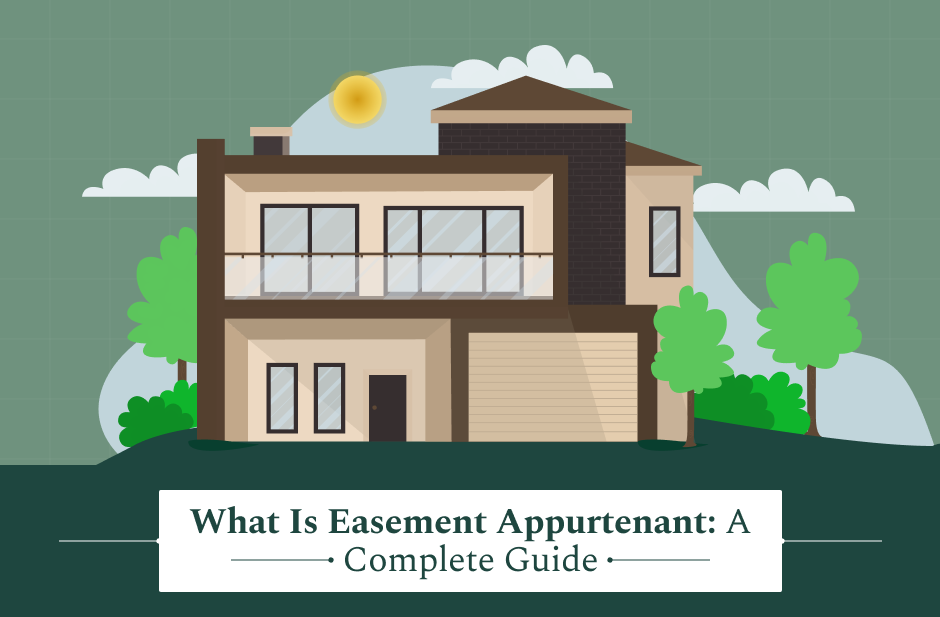Florida’s storm season can cause significant damage to homes, particularly to roofs. After such an event, homeowners often rely on insurance coverage for roof replacement.
However, many find themselves underpaid or struggling to receive the full compensation they need for roof replacement.
So, what is all this about? And how can you ensure that you are getting compensated for the damage caused to your roof?
If these are some of the things that you are searching for, then you have come to the right place. Therefore, keep on reading till the end…
Florida Roof Claim Law: What You Need to Know
Before I start talking about insurance coverage for roof replacement, it is important that you know about Florida’s roof claim law! Now, these can be extremely complex sometimes.
Florida law provides specific protections for homeowners. This includes the right to a roof inspection after filing a claim and the ability to appeal claim denials.
However, some homeowners may still experience roof materials depreciation being used as a reason to underpay or reject their claims.
For instance, you can navigate the claims process more effectively by:
- Understanding how Florida’s insurance laws protect you.
- Seeking assistance when necessary.
Additionally, in Florida, if your claim is underpaid or denied, you have the legal right to challenge it.
Consulting with a public adjuster can help you understand your rights under Florida roof claim law and ensure that you’re receiving the full compensation you’re entitled to.
Public adjusters work on behalf of homeowners, not the insurance company. And can advocate for you when insurers undervalue or reject your claim.
Why Roof Claims Are Often Underpaid
Most times, insurance companies are the ones who underpay the roof replacement after the storm, which makes the homeowners pay a huge amount of money themselves.
The main reason for such a situation is the misunderstanding of the valuation methods used in the insurance policy, particularly the differences between actual cash and replacement value.
Insurance companies can decide a payout that is based on the actual cash value (ACV), a concept that takes into account depreciation, rather than the replacement cost value (RCV). This gives a more accurate figure of the work required to restore the roof to its pre-storm condition.
This gap can lead to a big difference between the money you receive and the actual cost of replacing your roof.
You must have clear information about your policy to avoid unpleasant surprises in the claims process.
ACV vs. RCV: Understanding the Differences
One of the most significant differences between actual cash value (ACV) and replacement cost value (RCV) is that in the latter, no depreciation is considered.
ACV illustrates the present status of your roof, and accordingly, after depreciation, the amount you get is usually lower.
On the other hand, RCV pays for the complete replacement of your roof using the like-kind and quality materials. And guess what? That happens without considering depreciation.
Imagine your roof is 10-year-old and the shingles have experienced wear and tear. In that case, an ACV policy will give a smaller payout because of the depreciation that has occurred.
On the other hand, an RCV policy will pay the full amount for the roof replacement, subject to the deductible.
It is important to know the kind of policy you have. Why? Well, that’s because many homeowners are surprised to discover that their insurance does not cover the entire cost of replacing their roof, even after a storm.
Insurance Coverage For Roof Replacement: How To Ensure You Get What You Need
In the aftermath of a storm, it is of utmost importance to submit a full coverage for a roof replacement that is a precise reflection of the damage caused to your roof.
Insurance firms might be inclined to reduce their payouts to you by giving a part of the repairs or by undervaluing the extent of the damage.
Homeowners are often the ones who are at fault, as they only accept the insurer’s first offer without fully understanding the scope of the damage or the true cost of repairs.
These are the steps to be followed so as to increase your chances of obtaining a receipt for a full roof replacement:
- Get an Independent Inspection: If possible, do not trust the insurance company’s assessment alone. Hire a local, independent roofer or a public adjuster for a detailed evaluation of the damage.
- Document the Damage Thoroughly: Take a lot of pictures of the damage from different angles. Also, do not forget to document hidden damages.
- Understand Your Coverage: Go through the insurance policy that you have carefully to make sure it is able to pay for the whole cost of the roof replacement.
Being proactive and informed. In this way, you will be able to ensure that you are in a position to avoid the pitfalls of such underpaid claims. And, thus, increase the chances of obtaining a full roof replacement.
How Public Adjusters Close the Gap
A significant gap often exists between what an insurance company offers and the actual cost to replace a roof.
This gap can be especially large if the insurer uses roof material depreciation in its calculations. Public adjusters can be invaluable in closing this gap by:
- Reviewing the claim.
- Negotiating with the insurance company.
- Ensuring that all damages are accurately valued.
Public adjusters are experts in roof damage claims and understand the complex language of insurance policies.
They can help you navigate the appeals process and ensure that your roof replacement claim is fairly assessed.
The Importance of Hiring a Public Adjuster
Hiring a public adjuster is a very clever decision for those homeowners who are willing to go all the way with their insurance coverage for roof replacement.
The insurance companies are notorious for their focus on profits. And if the homeowners do not have a professional advisor, they might end up with a settlement that only partly covers the cost of the repairs.
So, in what ways can a public adjuster assist homeowners in getting insurance coverage for roof replacement? Here’s the answer:
- Negotiate better settlements.
- Provide accurate damage assessments.
- Help with the appeals process.
If you carry out these steps and know your policy well, you will have a better chance of receiving the full coverage for roof replacement after the Florida storms.
A public adjuster, who is licensed and has a good reputation, is a must. They can assist you in this difficult process, and you will be sure that no unexpected expenses will arise after the storm damage is taken care of.
Read Also
















